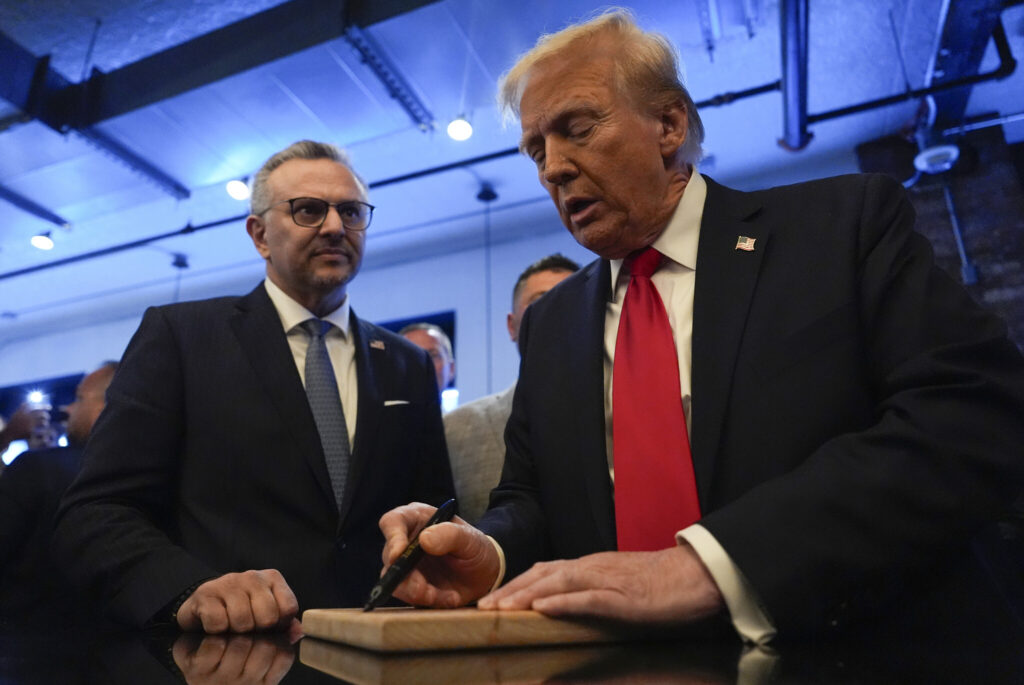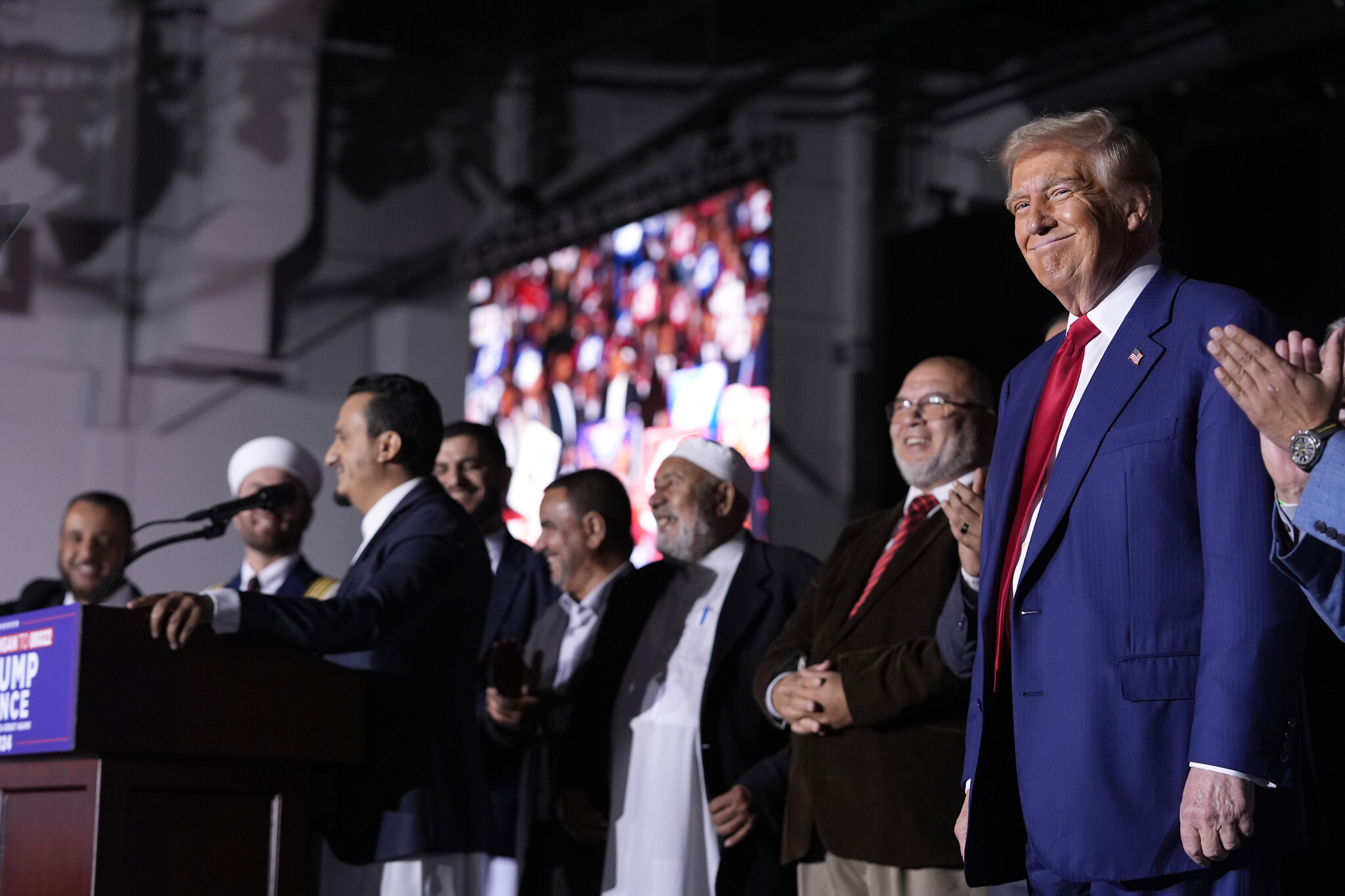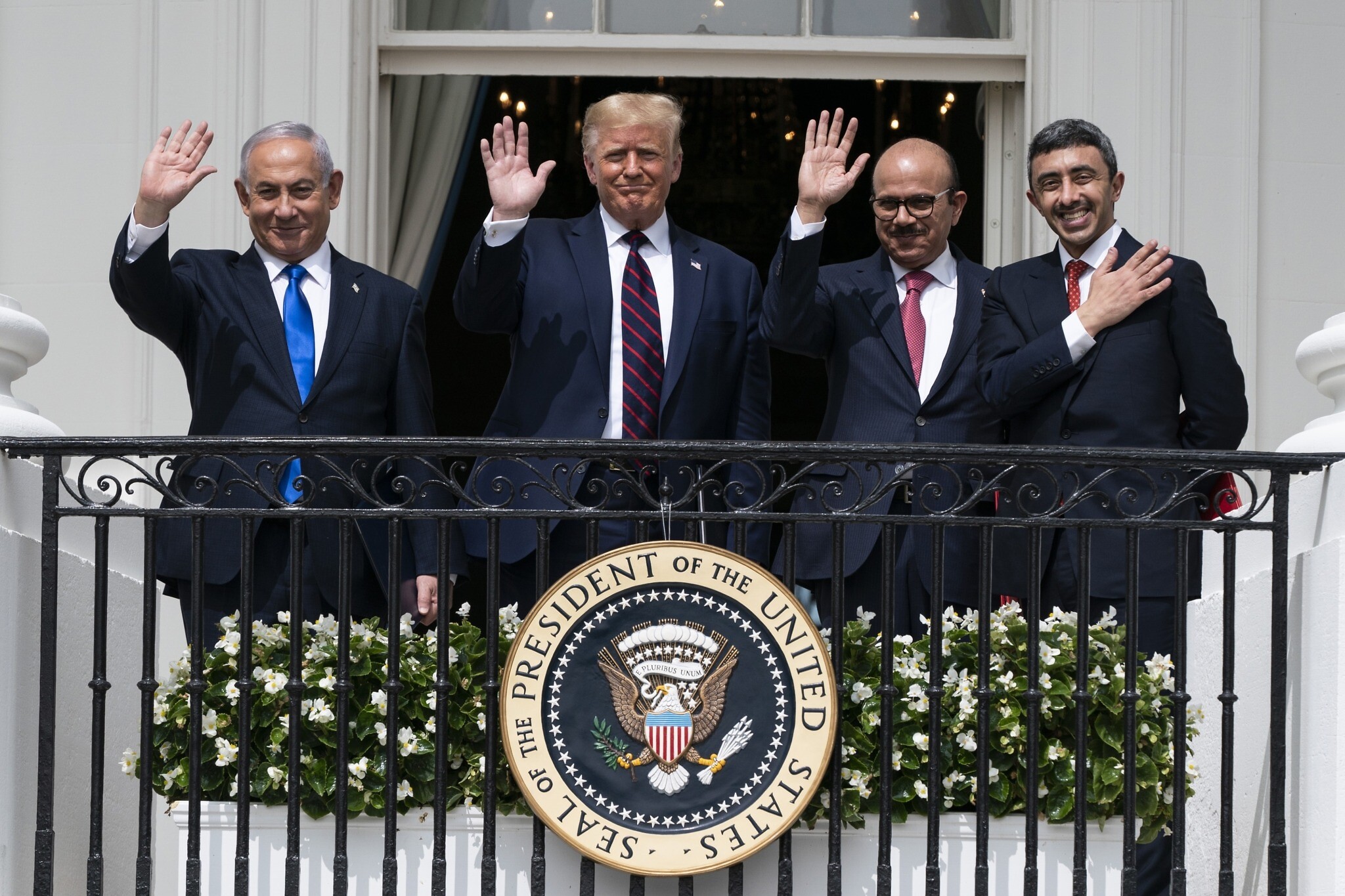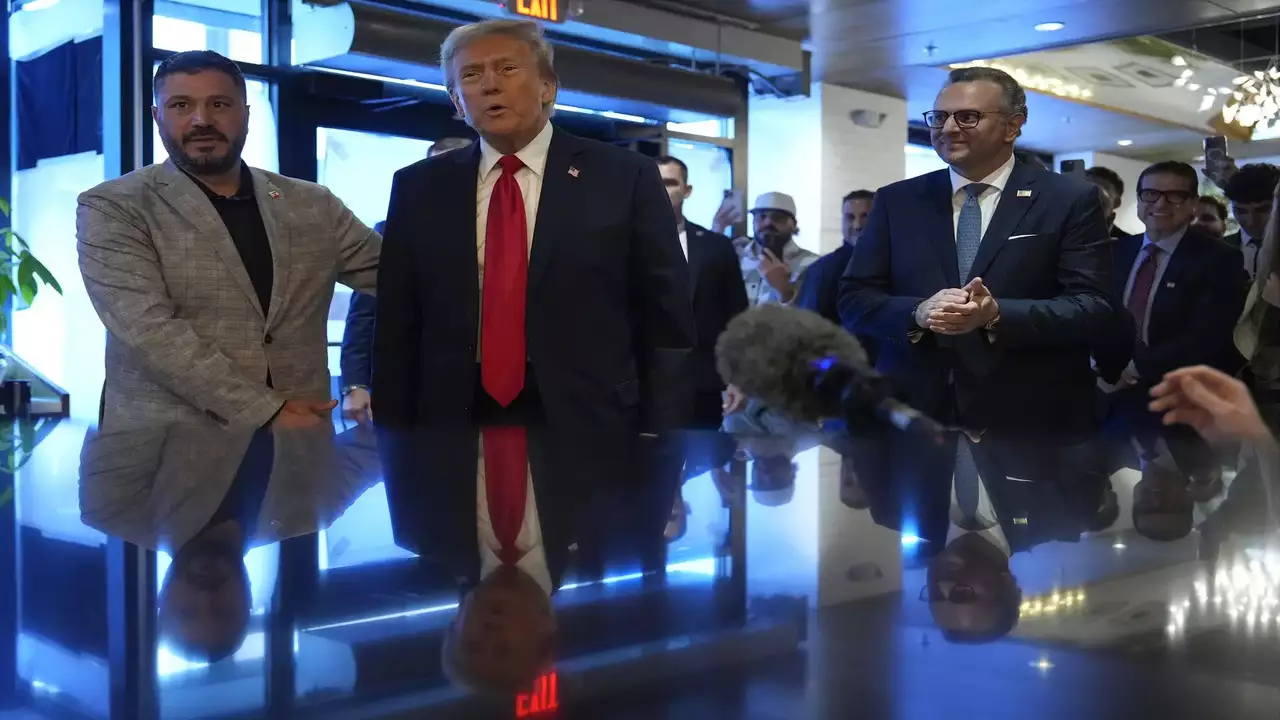
In the aftermath of the 2020 presidential election, a segment of Arab American voters in Michigan, who played a pivotal role in President-elect Donald Trump’s victory, find themselves grappling with mixed feelings about his recent appointments to key government positions. These appointments have sparked a series of reactions ranging from cautious optimism to outright concern within the community.

Trump’s Pro-Israel Cabinet Picks Stir Debate
Just one week following Trump’s significant win in some of the largest Arab-majority cities in the United States, he announced his top administration picks, revealing a strong pro-Israel stance. The president-elect named former Arkansas Governor Mike Huckabee as his ambassador to Israel, a decision that has alarmed many due to Huckabee’s outright denial of the Palestinian state and his vociferous support for Israeli Prime Minister Benjamin Netanyahu.
This choice, along with others like Florida Senator Marco Rubio for Secretary of State and New York Representative Elise Stefanik for UN Ambassador, highlights a clear pro-Israel direction in the upcoming administration. Rubio has openly rejected a ceasefire in the ongoing conflict, advocating for Israel to intensify its efforts against Hamas. Similarly, Stefanik has been critical of funding for the UN agency that aids Gaza, aligning with her support for strong measures against antisemitism on university campuses.
Sam Markstein of the Republican Jewish Coalition lauded the selections, describing them as a “pro-Israel dream team” and emphasizing that the new strategy under Trump is “peace through strength,” aiming to eliminate any ambiguity in the U.S.’s stance on Israel.

Local Reactions: From Support to Skepticism
Despite Trump’s controversial picks, some local leaders like Albert Abbas, a prominent Lebanese American whose brother owns a popular restaurant in Dearborn visited by Trump, are withholding judgment. Abbas, who stood beside Trump during his campaign visit, suggested that it is “too early” to assess the president-elect’s decisions fully. He encouraged the community to “take a deep breath, take a step back and let him do the work that he needs to do to achieve this peace.”
Others, like Amin Hashmi, a Pakistani American voter, expressed disappointment yet cling to hope that Trump will honor his campaign commitments to bring peace to the Middle East. The stark visuals from the conflicts in Gaza and Lebanon under the current administration have fueled discontent, amplifying the community’s concerns over U.S. foreign policy direction.
No Roles Yet for Key Arab American Outreach Figures
Amidst these appointments, notable figures from Trump’s Arab American outreach campaign, like Lebanese businessman Massad Boulos and former acting director of national intelligence Richard Grenell, have not yet been offered positions. This absence has raised eyebrows among those who expected these figures to play significant roles in fostering dialogue and understanding between the Trump administration and Arab American communities.

Osama Siblani, publisher of the Dearborn-based Arab American News, voiced a poignant critique, emphasizing the stark choices faced by the community in the recent election. He highlighted the tension between opposing a candidate perceived as directly harmful and another seen as potentially threatening, illustrating the complex political and ethical calculations that influenced many Arab Americans’ votes.
As Trump prepares to take office, the Arab American community remains watchful, hopeful for peace yet wary of the potential implications of his administration’s strong pro-Israel stance. The dialogue within the community reflects a broader uncertainty about the balance between domestic policies and international relations, emphasizing the nuanced perspectives that Arab Americans bring to the national conversation on governance and diplomacy.
